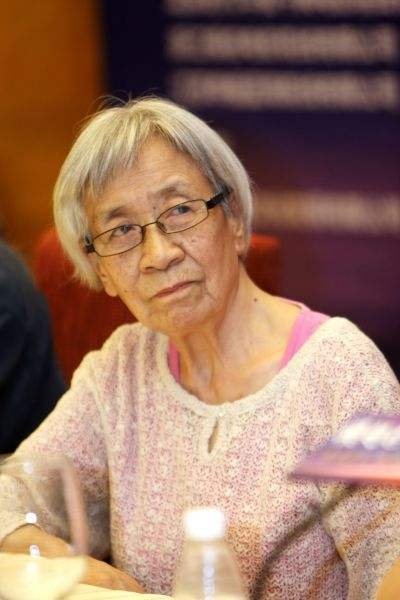
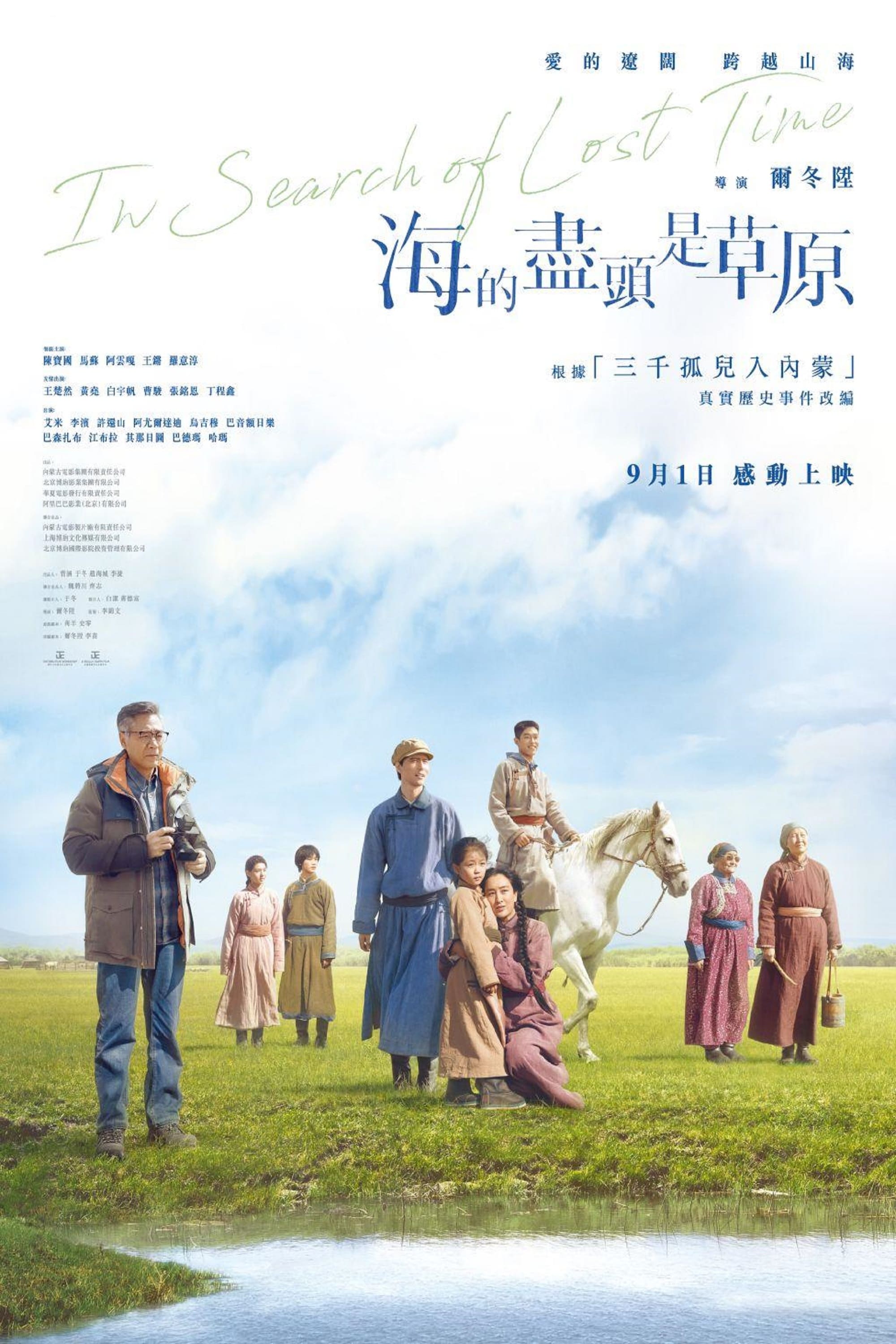
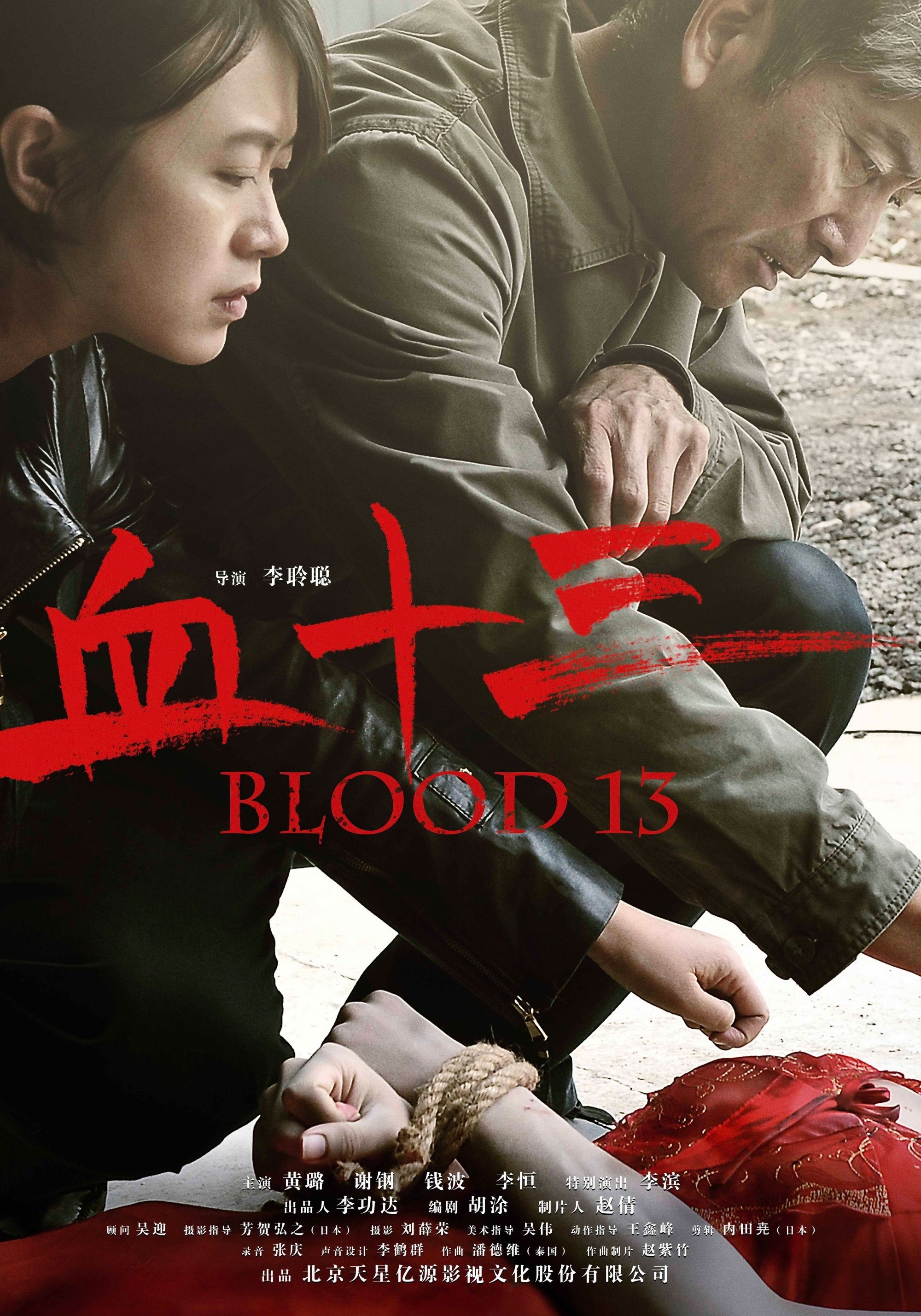
A reckless female detective, Xingmin, when investigating a murder case, finds the victim dead naked, hung upside down in the basement bathroom. Old detective Laozhou assures that this is one of the prostitute serial murder cases that he has been after for 15 years. As Xingmin tracks down the murderer, she has to deal with her inner prejudice against prostitutes caused by her traumatizing childhood memory, while irresistibly resonate to the murderer herself. To breakthrough the case, she needs to conquer her nightmare and risk herself to uncover the truth.
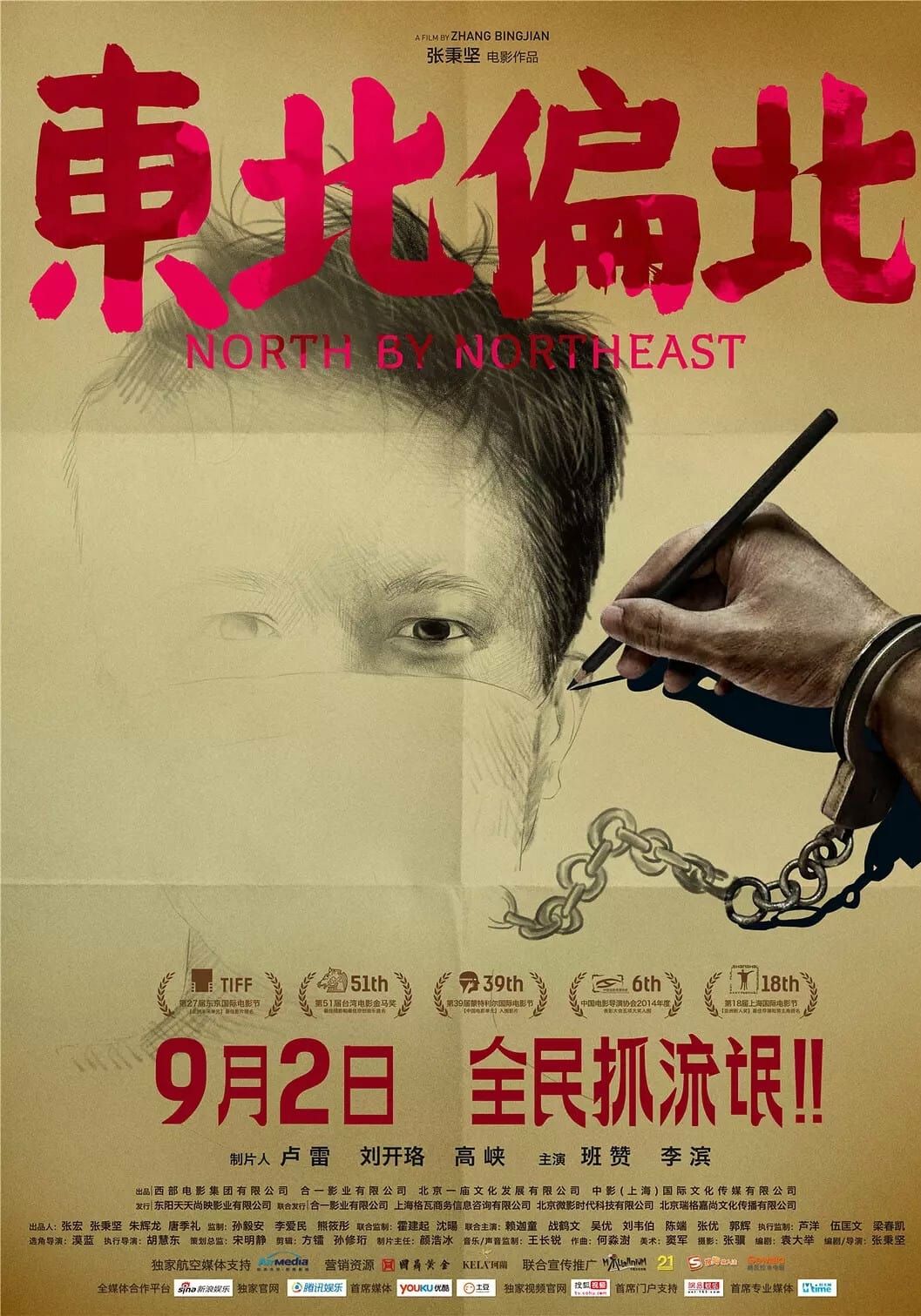
In the late 70s, an impotent policeman tries to catch a rapist with the help of a traditional Chinese medicine doctor in Northeast China.
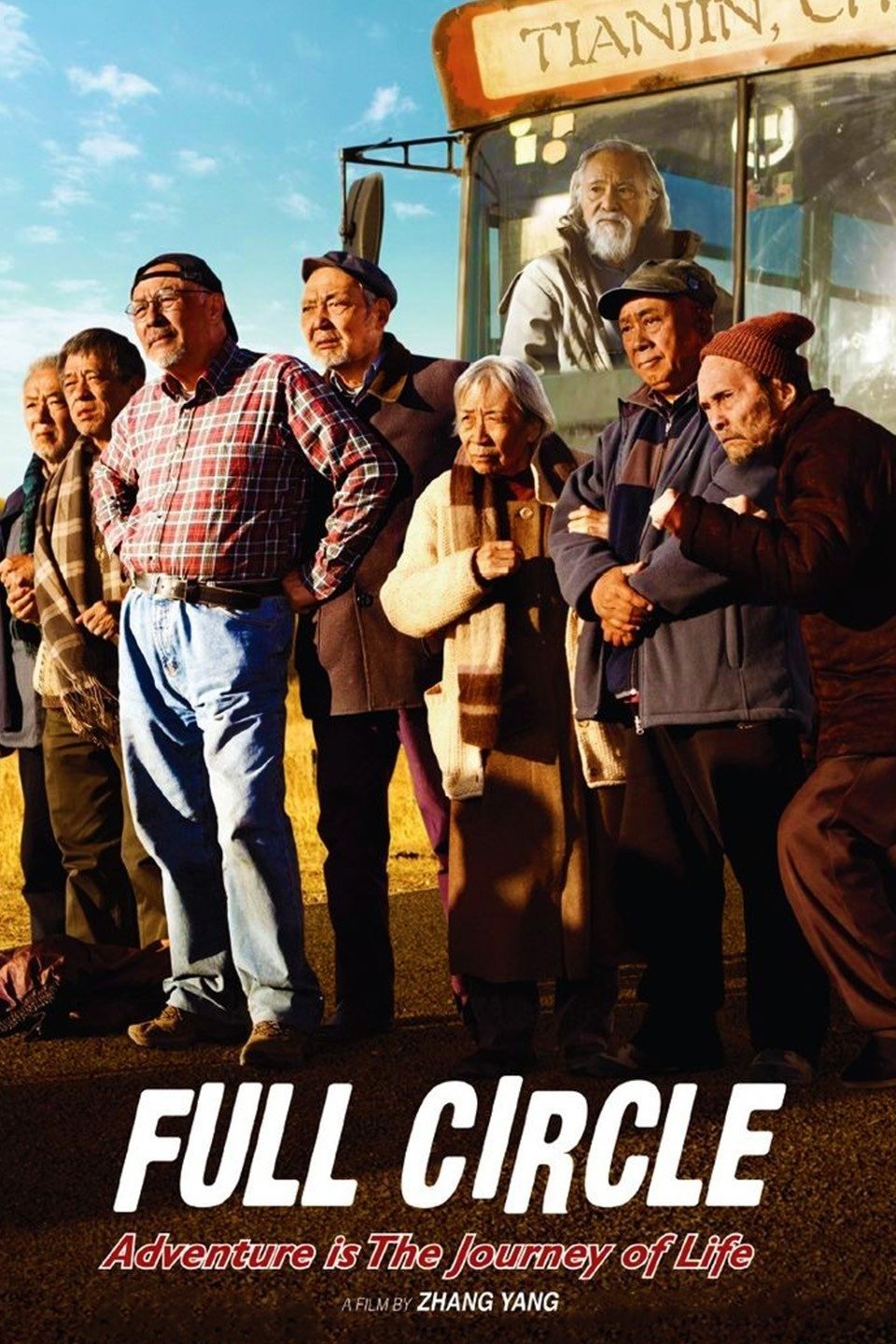
The residents of a nursing home sneak past security guards to compete in a nationally televised talent contest.
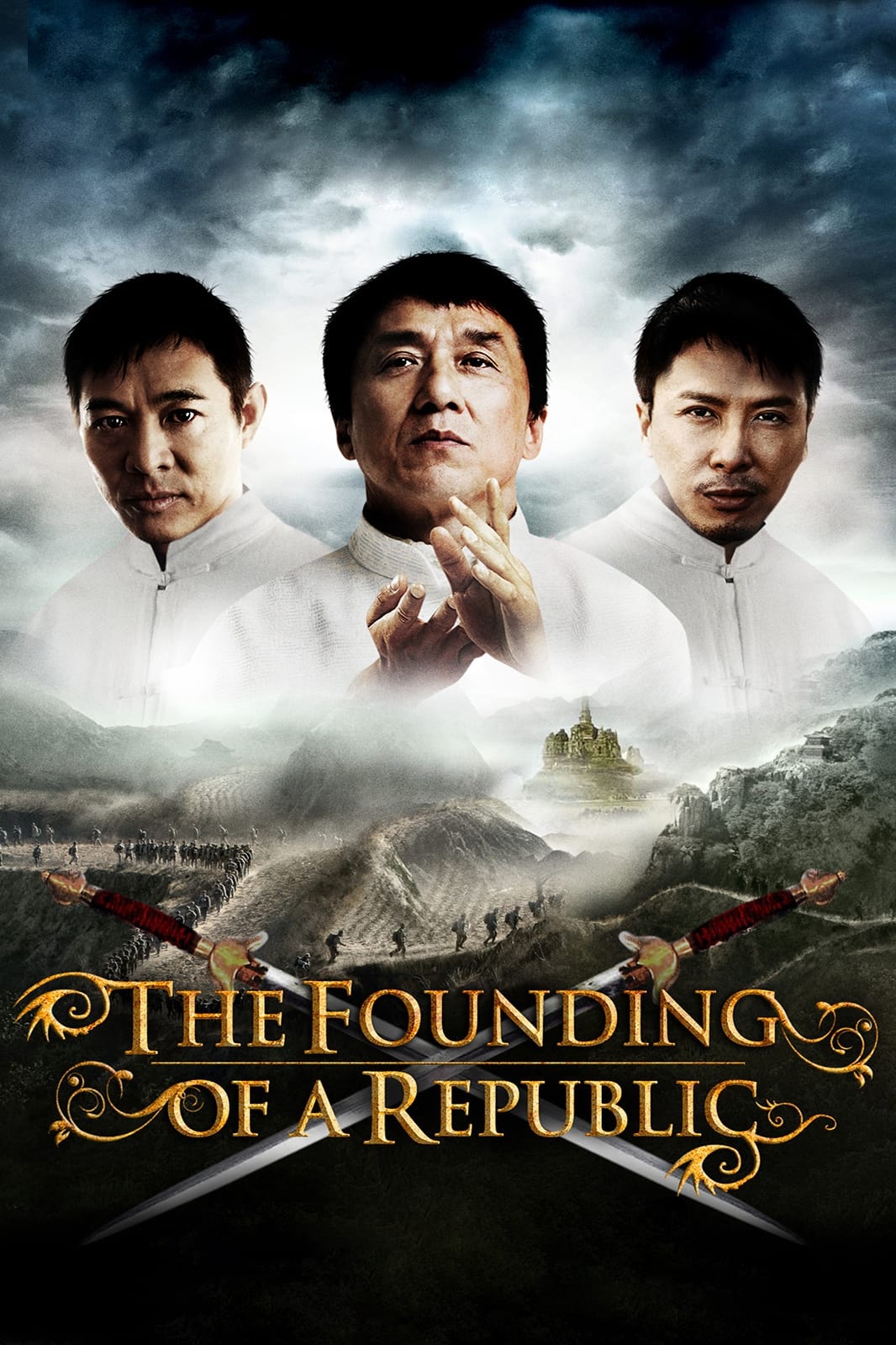
The tale of one man who fought against the tyranny of a ruler and led his people in battle in the ultimate sacrifice for his country.
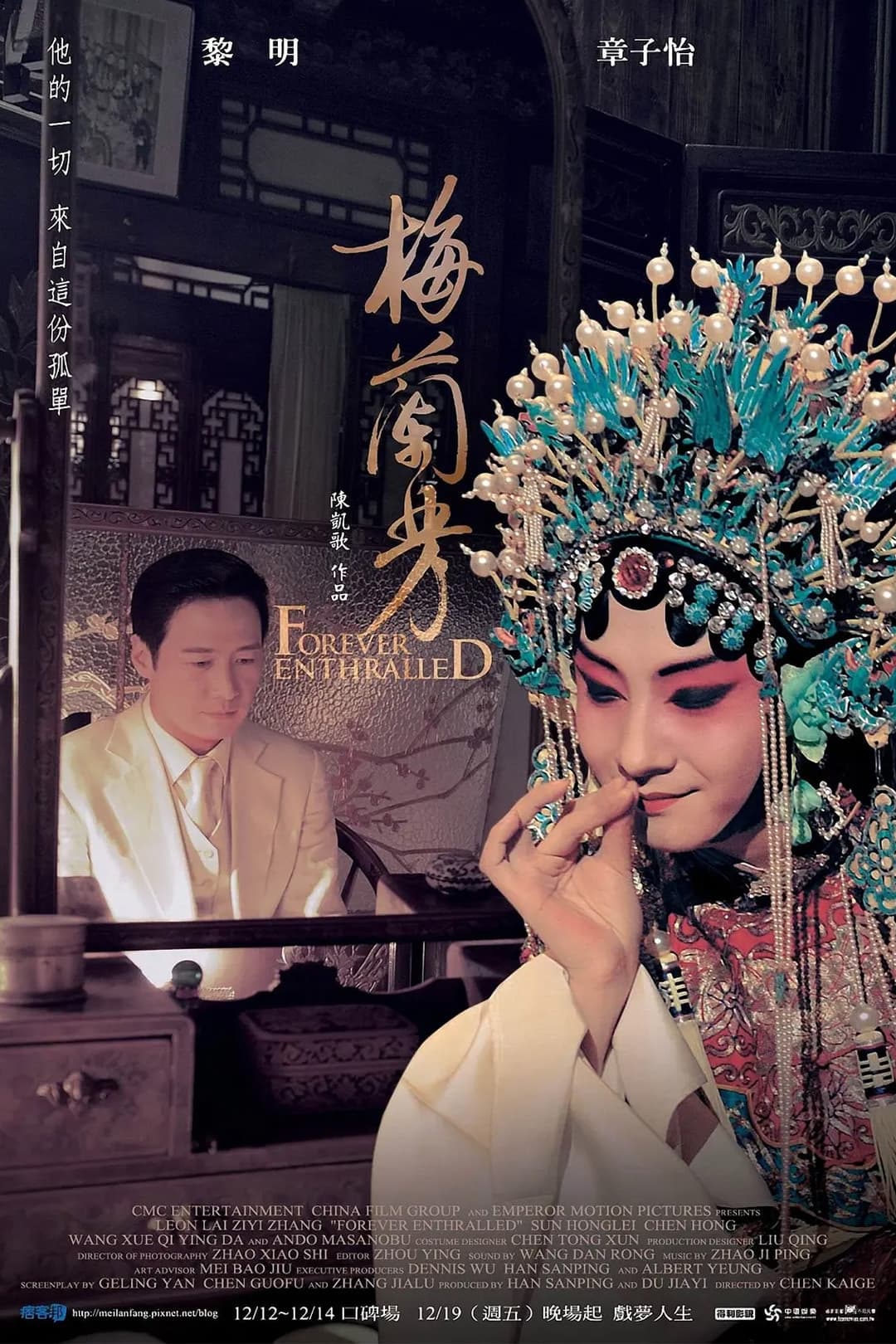
The epic story Mei Lanfang, who overcame the prejudice against artists in 1930s China to become the country's greatest opera star.
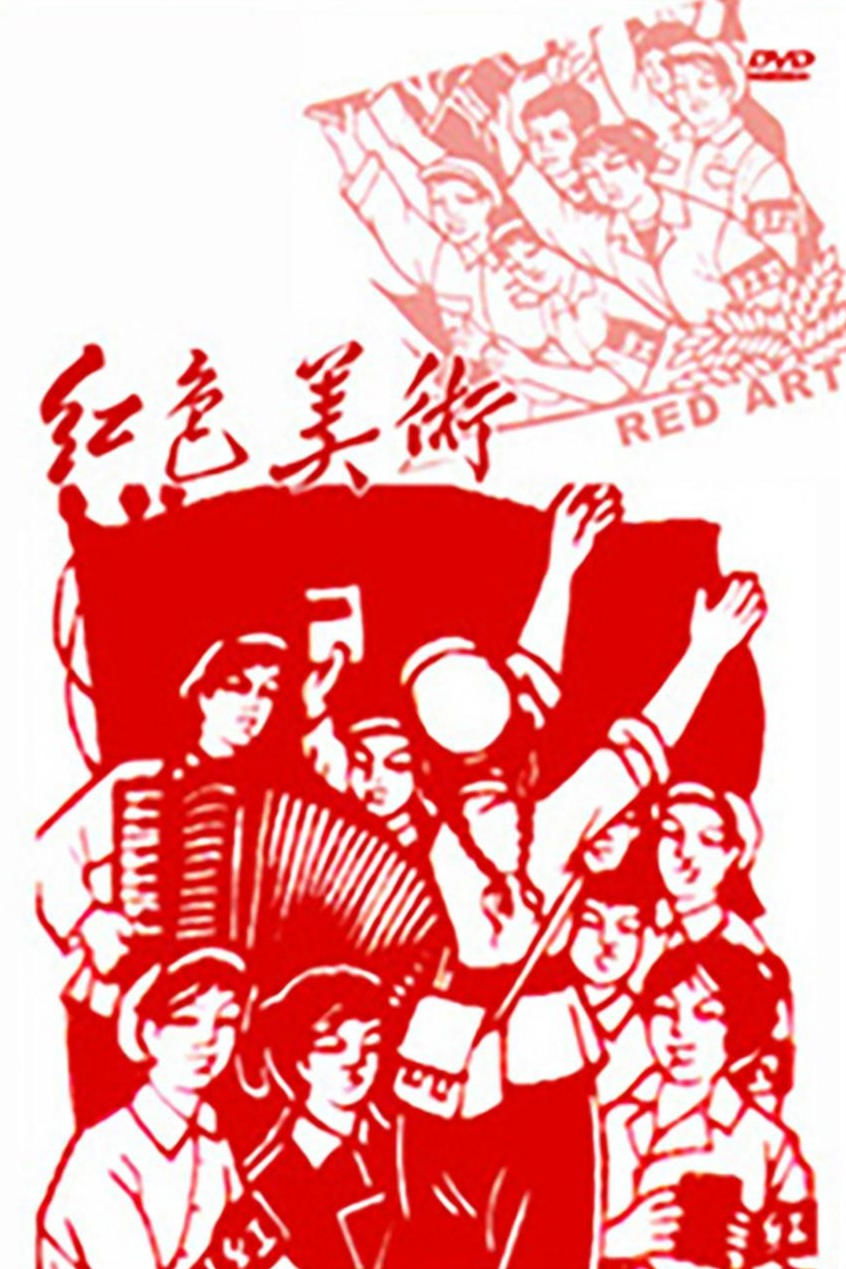
The launch and development of the Great Proletarian Cultural Revolution not only has a series of CCP Central Committee documents that have promoted wave after wave of movements, but also has various propaganda methods. A large number of different types of literary and artistic products have been produced in a collective form and with the input of the State. As a weapon of revolutionary struggle, works of art are important representatives of this period. Art was a tool for the Cultural Revolution; it fully embodies its aesthetic characteristics, actively cooperating with the development of various movements and the popularization of ideas. It has cultivated the values and visual experience of a generation of Chinese people — the paintings of the Cultural Revolution have been regarded as treasures by Chinese collectors. This film shows the characteristics of the Cultural Revolution paintings through a large number of paintings, as well as the bloody violence and despotism behind them.

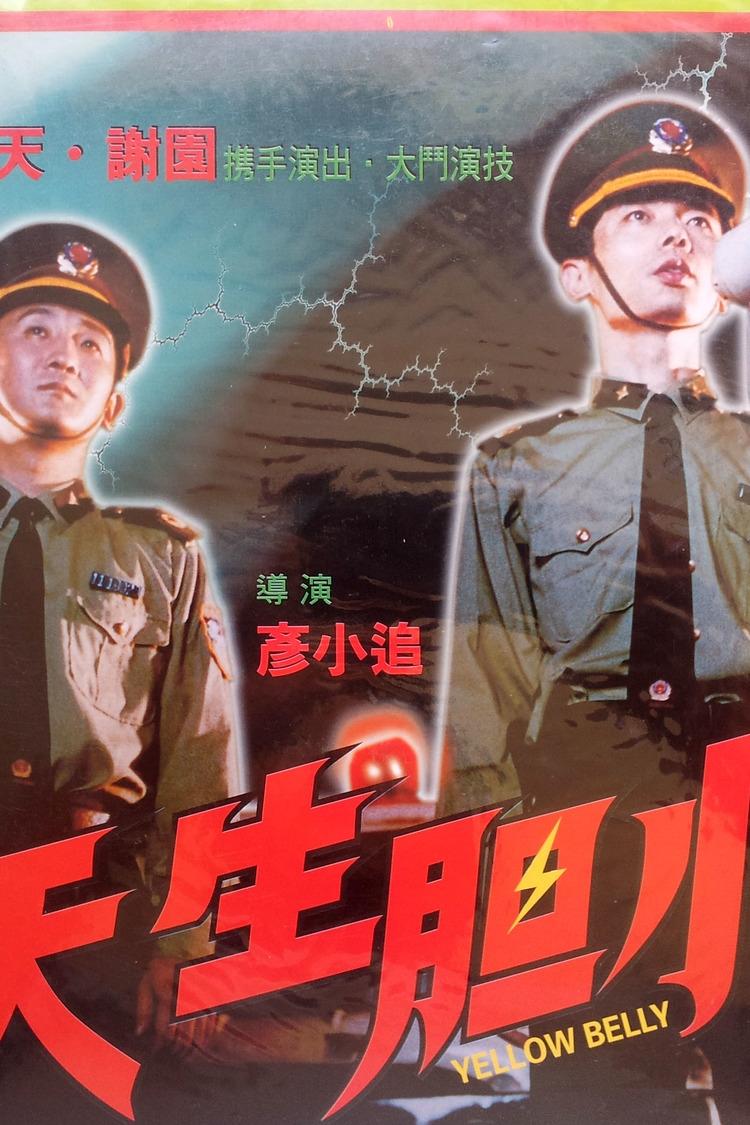
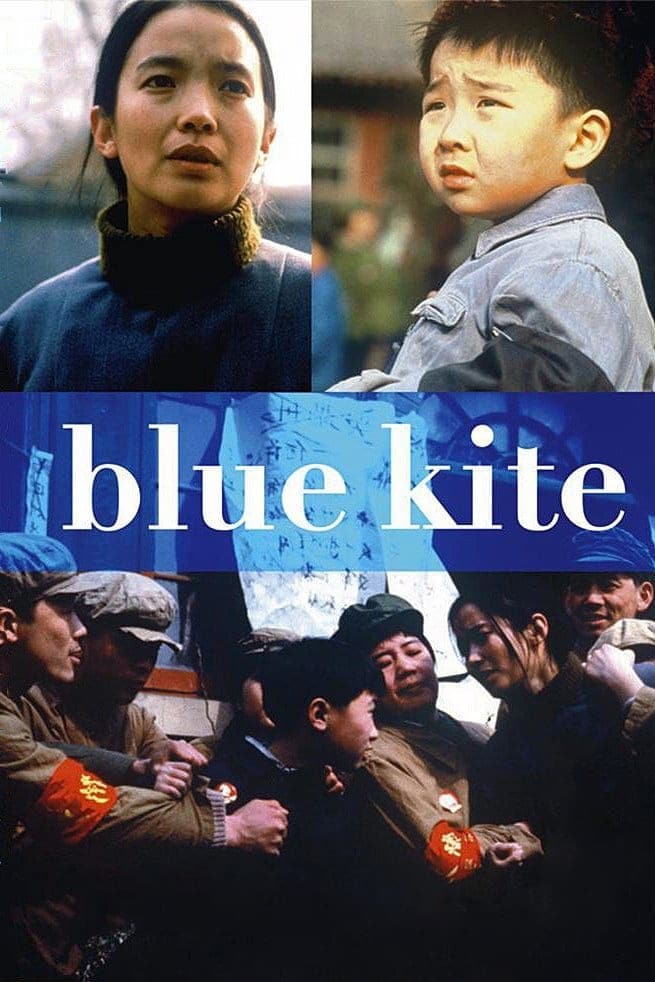
A young man recalls his childhood growing up in a poor alley in Beijing during the 1950s and 1960s.
Li Bin (李滨) is a Chinese actress born in 1929 in Beijing.
By browsing this website, you accept our cookies policy.